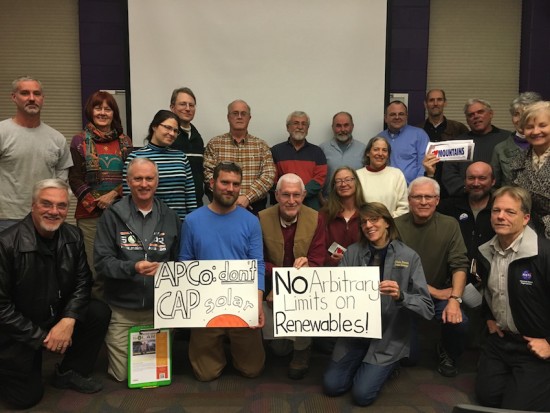Cleaning Up Coal Ash
For well over a century, power plants across the country have burned coal to generate electricity. And for just as long, leftover coal ash has been dumped in open, unlined pits near the power plant, usually located on a river or lake. Every year, U.S. power plants produce 130 million tons of coal ash, which is the second largest waste stream in the country after municipal garbage.
Coal ash concentrates the toxic heavy metals found in coal, including arsenic, mercury, lead and selenium. Stored in unlined, wet impoundments, coal ash has been leaking these toxics into our groundwater and surface waters for years. Sometimes these impoundments collapse — with disastrous results.
Yet government regulations for coal ash management are either non-existent or sparse, and there is little enforcement of the regulations that do exist. In North Carolina, this lack of oversight — and the complicity between state regulators, elected officials and Duke Energy — came to a boiling point in February 2014 when one of Duke’s coal ash impoundments spilled 39 million tons of ash into the Dan River.
Citizens living near North Carolina’s 33 coal ash impoundments — all of which have leaked — have fought for transparency from Duke and the state, and for cleanup of the pollution that threatens their property value, health and family. Their actions forced this issue into the headlines of news networks and to the forefront of environmental justice conversations in the United States.
Appalachian Voices stood with these communities as we worked for years to compel Duke Energy and the N.C. Department of Environmental Quality to excavate coal ash from all the North Carolina sites and dispose of it either in lined, dry landfills, away from waterways, or by recycling it for concrete or other uses, provided it’s done in a manner that protects public health and the environment.
On Jan. 2, 2020, North Carolina announced a historic settlement with one of the state’s most powerful corporations and polluters, Duke Energy. The settlement requires Duke to move nearly 80 million tons of toxic coal ash at six of its power plants to properly lined landfills onsite or recycle it.

Learn information about specific coal ash impoundments in the South, including health threats and safety ratings:
Additional Resources
Fact sheets, videos, links to academic research, and more
Sign Up to Act
Help us protect the health of our communities and waterways.
Latest News
Former Coal Executive Guilty of Conspiracy to Violate Mine Safety
Don Blankenship was convicted of conspiracy to violate federal mine safety standards, following an investigation into the causes of the Upper Big Branch Mine explosion that killed 29 miners.
Former Massey Energy CEO Don Blankenship guilty
After a six-week-long trial that included 27 witnesses and hundreds of exhibits, followed by a week and a half of dramatic deliberations, Former Massey Energy CEO Don Blankenship has been found guilty of conspiring to violate federal mine safety laws.
Student leaders support the POWER+ Plan
Yesterday, a group of student leaders in eastern Kentucky took a commendable step in support of Central Appalachia’s youth and economic future. By a unanimous vote, the Appalachian Renaissance Initiative Student Senate passed a resolution of support for the Obama administration’s POWER+ Plan.
Groups in two states challenge Mountain Valley Pipeline
Contact: Ben Luckett, Appalachian Mountain Advocates, 304-645-0125, bluckett@appalmad.org…
Takin’ 5 with Tony Flaccavento
Sizing up APCo’s plan, through customers’ eyes
Appalachian Power Company customers gathered in Roanoke recently to learn more about their electricity provider’s long-term resource plans and get involved in these critical decisions. Here’s a look at how APCo’s plan stands to impede Virginia from harnessing its full renewable energy potential.









